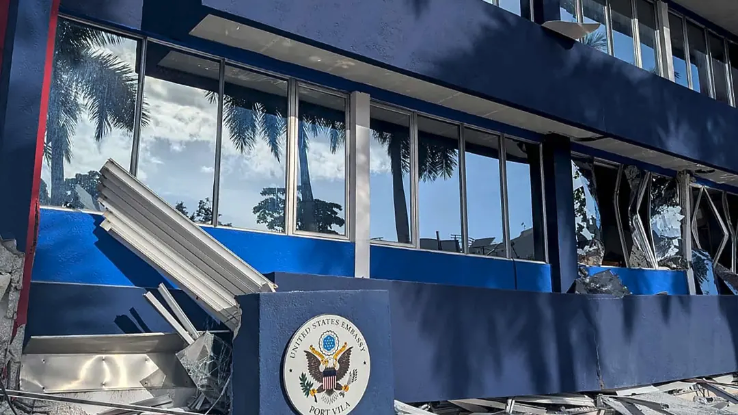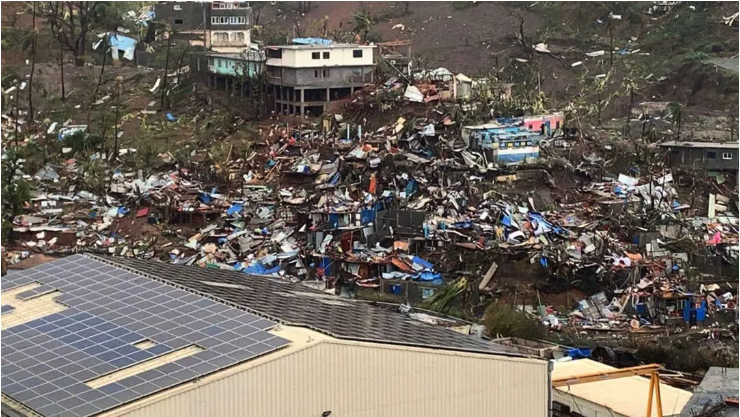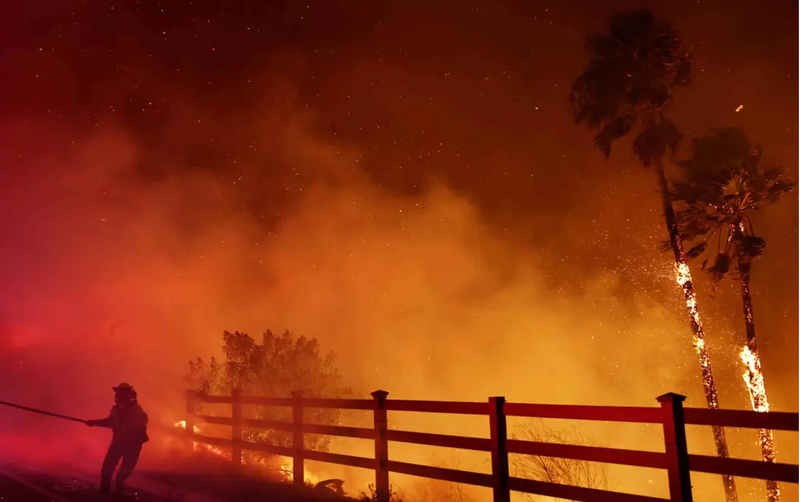Afghanistan Hit by Second Earthquake in Days
A second earthquake hit the province of Herat in western Afghanistan on Wednesday, only days after approximately 1K individuals are believed to have died from an earthquake and its aftershocks in the country on Saturday....

Facts
- A second earthquake hit the province of Herat in western Afghanistan on Wednesday, only days after approximately 1K individuals are believed to have died from an earthquake and its aftershocks in the country on Saturday.1
- Recorded again at a 6.3 magnitude, the earthquake occurred at approximately 5:10 a.m. local time (7:40 p.m. EST Tuesday), 17 miles north of the province's capital – also named Herat.2
- The latest earthquake saw a depth of 5.5 miles and was followed by two aftershocks of magnitudes 5 and 4.1. According to the United States Geological Survey, approximately 4K people experienced severe shaking, while around 1.27M experienced strong or very strong shaking.3
- Afghanistan's information ministry spokesman, Abdul Wahid Rayan, commented that the natural disaster caused a landslide blocking the highway between Herat and Torghondi, while the Taliban also reported that the earthquake had killed one and injured around 120 others.4
- The office of Herat's governor also claimed that some areas within the province had experienced 'huge losses,' saying that medical teams and officials had been 'working together' with several people taken to hospital.5
- Following the initial earthquake, the UN approved a $5M emergency reserve allocation request from the Afghanistan Humanitarian Fund — made available from Oct. 9, while further teams and aid from the UN's Children's Fund have also been deployed.6
Sources: 1Al Jazeera, 2BBC News, 3Reliefweb, 4Associated Press, 5Reuters and 6Un news.
Narratives
- Establishment-critical narrative, as provided by Eurasia review. A flashpoint for earthquakes, the recent natural disasters in Afghanistan have exposed not only the insufficient governance and healthcare system of the Taliban but also the slow response by the UN, the World Health Organization, and the likes of the US – who have much to blame for Afghanistan's current social and political position.
- Pro-establishment narrative, as provided by CNN. The UN and the international aid community are trying the best they can in Afghanistan but are stretched thin as they continue to battle factors including chronic malnutrition, unemployment, and severe human rights issues — all of which cannot be put to the side. Global institutions are trying to persevere in the face of these shocks and stressors and address a crisis on top of a crisis.






